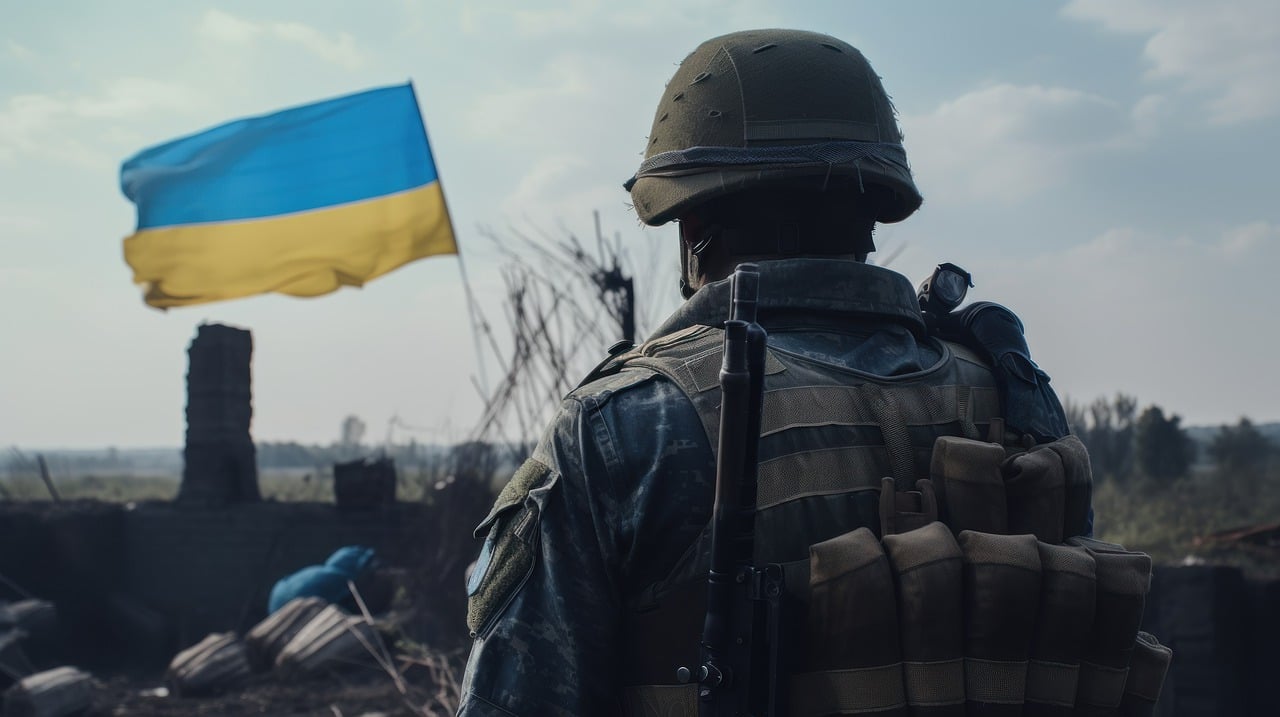Perceptions of the war in Ukraine are the result of both information and disinformation campaigns – coming from both Russia and those who support Russia. A visible coalition of countries supporting Ukraine has emerged, but there are also states that are backing Russia. These are often authoritarian countries – they can be referred to as the “Fellowship of the Dictators”, a collaboration of regimes and dictators who do not want the system of democratic values to prevail. The democratic system would most likely remove them from power – and that’s what they are most concerned about. However, the North Atlantic Alliance, through the words of Secretary Jens Stoltenberg, has expressed a willingness to support Ukraine and prevent Russia from achieving its goals, namely conquering Ukraine, gaining control or defeating it militarily. This war is also a conflict and war of values. There are dictatorial, authoritarian values on the Russian side, and democratic, humanitarian ones that prioritize individual freedom – the very values that Western Europe adheres to.
“As for the war in Ukraine, one must note that the approaches to it in public opinion throughout Europe vary, and this is not surprising,” says Maciej Matysiak, an expert at the Strathpoints Foundation and a lecturer at ANS Gniezno, in a statement to eNewsroom.pl. “Countries of the so-called eastern flank, the former socialist states that have exited the socialist system and are now NATO members, as well as the Scandinavian countries – particularly Sweden and Finland – have a greater awareness of the threat posed by Russia. They realize that if Ukraine falls, it will have a direct impact on them. It’s no surprise that societies that are at a greater physical distance from the conflict zone have a slightly different perspective. It’s a bit like the Polish society’s relationship to the war in Syria or conflicts in Africa – which frankly concern us less because they do not affect us directly, in our own opinion. This is, of course, a mistaken belief and it results from a low level of education on the matter – but also from the influence of propaganda from those who want to create this impression. If we were to succumb to the Russian narrative and its actions, we would have to throw away our entire value system, which is the basis of our functioning,” Matysiak points out.
